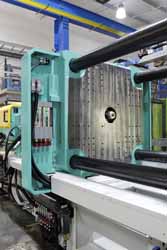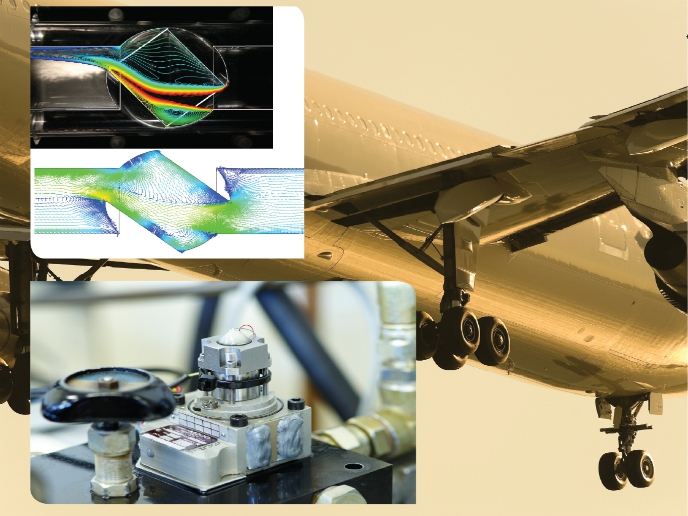Producing plastic parts via ultrasound
Injection moulding has proved extremely efficient and cost effective for the industrial production of large thermoplastic parts. In order to exploit such materials and processes in the high-precision micro- and mini-components demanded by sectors such as biomedicine, electronics and optics, innovative manufacturing technology is required. Scientists paved the way for industrial implementation and commercialisation of ultrasound injection moulding technology for complex, miniaturised plastic parts with the project 'Machine for microparts moulding based on ultrasound excitation' (SONO'R'US)(opens in new window) . Building on the pre-commercial moulding machine developed in the Seventh Framework Programme (FP7) project SONOPLAST, researchers developed the first commercial moulding machine, SONORUS 1G, based on ultrasound technology. SONORUS 1G has demonstrated its ability to deliver high-precision, high-performance miniaturised plastic parts with up to 90 times lower energy consumption compared to traditional injection moulding technology. In addition, the low-stress ultrasonic process reduces machine wear for a reduction in tooling costs of between 25 and 35 %. It also substantially decreases material waste previously associated with over-moulding of micro-sized components. A beta test prototype was launched to collect input from participants regarding added-value improvements and enhancements to fulfil market needs. As a result, SONORUS 1G now includes a variety of control options enabling automation and optimisation for numerous products in the medical and electronics sectors. Both sectors have expressed great interest in the technology. Investigators have delivered a much-needed injection moulding machine for high-performance, complex, miniaturised plastic parts. In addition to superior product quality and reproducibility, substantial savings abound from reduced energy consumption, raw materials’ usage and tool wear. To complete the picture, advanced control algorithms enable flexibility in automation and optimisation for a wide range of products and sectors. SONORUS 1G promises important benefits for producers, users and consumers alike.







